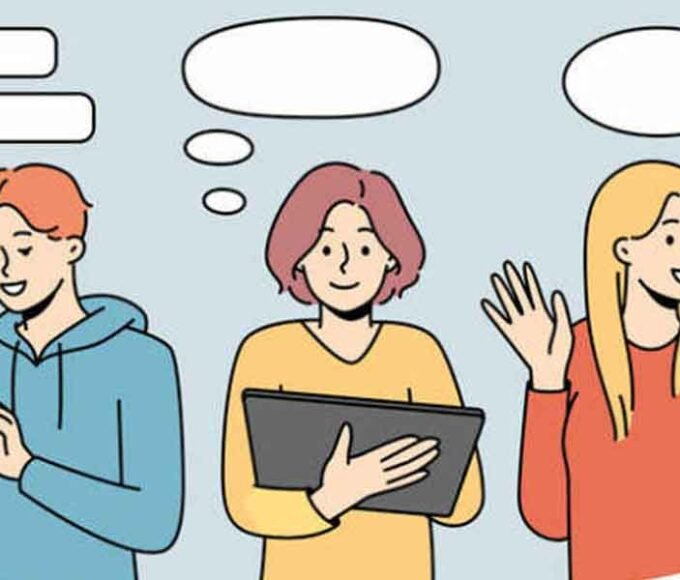In today’s world, where countless children face various challenges such as poverty, discrimination, and lack of access to quality education and healthcare, NGOs (Non-Governmental Organisations) dedicated to the well-being of children have emerged as beacons of hope. These organisations work tirelessly to empower children, ensuring their rights, education, health, and overall development. Through their impactful initiatives, NGOs are making a profound difference in the lives of vulnerable children, giving them a chance to thrive and fulfil their potential. This empowerment is crucial not only for the individual development of children but also for the socio-economic progress of communities and nations as a whole. This post explores the vital role of an NGO for children in addressing the pressing challenges faced by the younger generation.
The Role of NGOs in Protecting Children’s Rights
NGOs play a vital role in advocating for and protecting the rights of children. They work towards ensuring that every child enjoys fundamental rights such as education, healthcare, nutrition, and protection from abuse, exploitation, and discrimination. Through legal interventions, awareness campaigns, and policy advocacy, NGOs strive to create a safe and nurturing environment for children to grow and flourish. They also play a crucial role in disaster relief, ensuring that children affected by natural disasters and conflicts receive the necessary support and protection.
Educational Initiatives by NGOs
Education is a potent tool that can break the cycle of poverty and provide children with a brighter future. NGOs for children recognise this and focus on various educational initiatives. They establish schools, learning centres, and scholarship programs to enable access to quality education for underprivileged children. These initiatives not only impart knowledge but also instil values, life skills, and confidence in children, empowering them to shape their own destinies. They often partner with local governments and other organisations to improve educational infrastructure and bring innovation to learning methodologies.
Improving Child Health and Well-being
NGOs are actively involved in improving the health and well-being of children, particularly in marginalised communities. They run healthcare programs, immunisation campaigns, and nutrition initiatives to address the specific requirements of children. By collaborating with medical professionals and community volunteers, NGOs ensure that children receive proper healthcare and nutrition, reducing the prevalence of preventable diseases and promoting overall well-being. NGOs also conduct sensitisation programs about the importance of hygiene, prenatal care, and a balanced diet to foster a culture of health consciousness.
Emotional Support and Psychosocial Programs
Children facing challenging circumstances often require emotional support and psychosocial interventions. NGOs recognise the importance of mental health in children’s overall development and well-being. They provide counselling services, safe spaces, and recreational activities to help children heal from trauma, cope with stress, and develop resilience. Many NGOs also conduct art therapy, play therapy, and group counselling sessions to help children express themselves and build social skills. Parenting programs are sometimes initiated to educate families on how to provide emotional support to their children, ensuring a nurturing home environment.
Skill Development and Vocational Training
As children transition into adulthood, acquiring relevant skills becomes crucial for their future success. NGOs for children offer skill development and vocational training programs to equip them with practical knowledge and expertise. These initiatives focus on areas such as vocational trades, computer literacy, entrepreneurship, and financial literacy. By enhancing children’s skills, NGOs enable them to become self-reliant and break free from the cycle of poverty. They also mentor young individuals in career planning and job placements, fostering a generation of independent, skilled, and confident adults.
Conclusion:
In conclusion, the work of an NGO for children is essential in creating a brighter and more inclusive future for the next generation. Through their initiatives, these organisations protect children’s rights, provide education, improve health and well-being, offer emotional support, and enhance skills for a better future. The collective efforts of NGOs and their partnerships with governments, communities, and individuals have the power to transform the lives of children, ensuring that they have a fair chance to thrive and contribute positively to society.
















